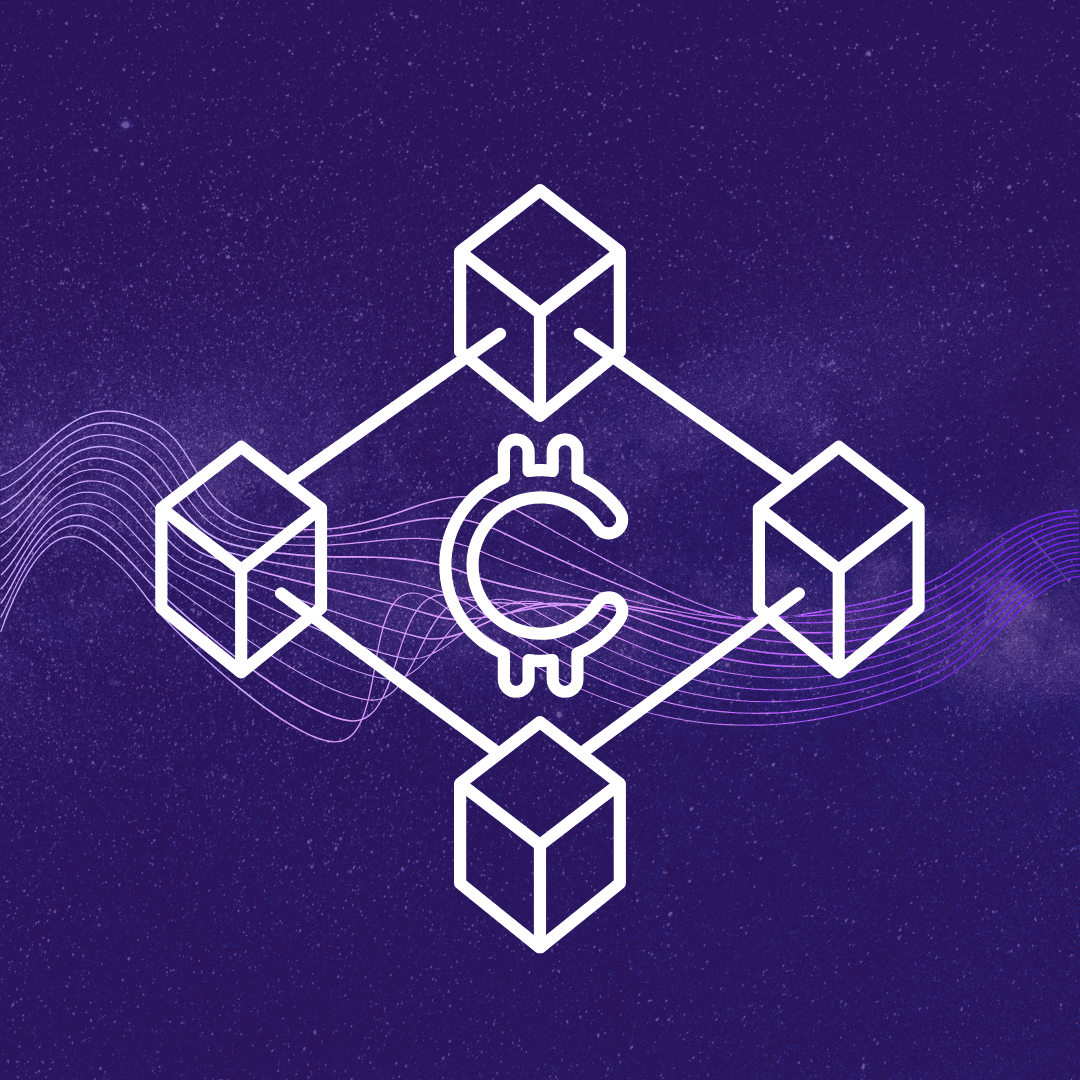
Blockchain technology is rapidly emerging as a transformative force across various sectors, particularly within information systems. Known for its decentralized and secure design, blockchain has potential applications beyond cryptocurrency. This technology promises to fundamentally reshape how we handle and protect data, creating a more transparent and secure world.
What is Blockchain?
Blockchain is a decentralized ledger system that records transactions across a network of computers. Each transaction is stored in a “block,” and these blocks are linked chronologically to form a “chain.” The key aspects of blockchain include immutability, transparency, and security, all of which are enforced through consensus mechanisms that verify data integrity and make alterations nearly impossible.
Understanding Information Systems
Information systems are integral to businesses and organizations, managing and distributing data for effective decision-making. Traditional information systems rely on centralized databases to store, retrieve, and process data. However, they are often vulnerable to data breaches, unauthorized access, and corruption, which makes their security and reliability crucial.
Current Challenges in Information Systems
Despite their importance, traditional information systems face notable challenges:
- Security and Data Breaches: Centralized data storage makes systems susceptible to cyberattacks.
- Centralized Control and Transparency: A single point of control can lead to data manipulation or unauthorized access.
- Data Integrity: Ensuring that data remains consistent, accurate, and trustworthy is challenging.
How Blockchain Addresses Information System Challenges
Blockchain offers several benefits to overcome these issues:
- Enhanced Security: Data is encrypted and distributed across nodes, making it difficult for hackers to compromise.
- Decentralization: Instead of one entity controlling data, blockchain enables peer-to-peer networks, enhancing transparency.
- Improved Data Integrity: Each block has a unique identifier, making any tampering detectable.
Blockchain Use Cases in Information Systems
Supply Chain Management
Blockchain provides an unalterable record of each transaction in a supply chain. It ensures transparency and authenticity, allowing stakeholders to verify the origin and journey of goods.
Healthcare Records
In healthcare, blockchain enables secure sharing of patient data across providers while maintaining privacy. This approach reduces redundancies and improves data accessibility.
Financial Services
Blockchain simplifies financial transactions, reducing costs and fraud. By providing a decentralized, tamper-proof record, it can streamline operations from loans to insurance claims.
Voting Systems
Blockchain-based voting systems can make elections more secure and transparent by eliminating vote tampering and ensuring that every vote is accurately counted.
The Impact of Blockchain on Data Privacy
Blockchain offers a new level of privacy, giving users control over their data. By using cryptographic keys, users can decide who accesses their information, addressing privacy concerns that have plagued traditional information systems.
Smart Contracts and Automation
Smart contracts are self-executing contracts with predefined conditions coded into the blockchain. They can automate processes in information systems, reducing human intervention and minimizing errors.
Blockchain and the Internet of Things (IoT)
Integrating blockchain with IoT devices can improve security by creating a decentralized network. Blockchain ensures that data from IoT devices is accurately and securely recorded, which is essential for large-scale IoT networks.
Limitations of Blockchain in Information Systems
While promising, blockchain faces several limitations:
- Scalability Issues: Processing large volumes of transactions quickly remains a challenge.
- Energy Consumption: Blockchain networks, especially those using proof-of-work, require significant energy.
Blockchain and Future Information Systems Trends
Blockchain will likely integrate with technologies like AI and quantum computing, enhancing its applications and capabilities. These integrations could bring new efficiencies, especially in data management and security.
Blockchain’s Role in Building Trust
Blockchain fosters trust by ensuring transparency in data transactions. This quality makes it ideal for sectors where data sharing is essential, yet trust is hard to establish.
Challenges to Blockchain Adoption in Information Systems
Some challenges to adopting blockchain include:
- Regulatory Concerns: Different countries have varying regulations for blockchain technology.
- Technical Expertise: Blockchain requires specialized knowledge that may not be readily available.
Case Studies of Blockchain-Enhanced Information Systems
Real-world implementations, such as IBM’s Food Trust blockchain for supply chains, showcase the practical benefits of blockchain in improving transparency and trust in data sharing. These case studies demonstrate blockchain’s potential when applied thoughtfully.
Blockchain has transformative potential for information systems. By addressing current challenges, such as data security, integrity, and transparency, blockchain can help build a more reliable foundation for data management. As adoption continues to grow, blockchain could become a cornerstone of future information systems, offering efficiency, security, and trust.
READ ALSO: Top 10 Certifications to Boost Your Data Analytics Career









[…] READ ALSO: How Blockchain is Poised to Transform Information Systems […]
[…] READ ALSO: How Blockchain is Poised to Transform Information Systems […]
[…] READ ALSO: How Blockchain is Poised to Transform Information Systems […]
[…] READ ALSO: How Blockchain is Poised to Transform Information Systems […]